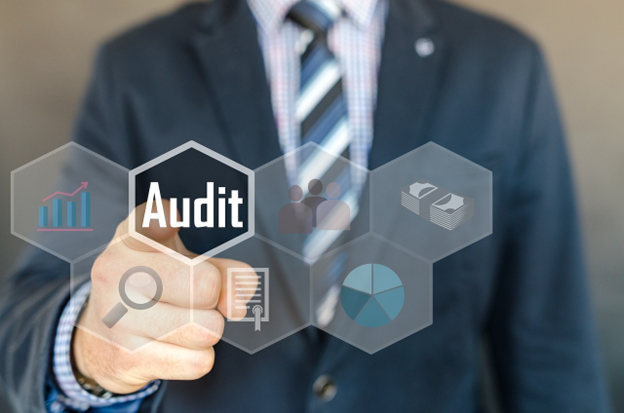A tax audit under any circumstance is stressful, but it is easy enough for Canadians to avoid. The Canada Revenue Agency (CRA) doesn’t decide to perform one on a whim. It uses a complex system of tools and programs to determine whether a specific taxpayer’s return warrants a second look. You can avoid a CRA audit by taking the following steps.
Read More: Affordable Tax Attorney Near Me: How To Choose the Right Tax Attorney
Contents
Always Report Income
Always report any income you receive as declared in your tax slips (T-slips) on your annual tax returns. All employers issue Statement of Remuneration Paid (T4) slips to their employees and send a copy to the CRA. Trying to reduce your taxable income by “forgetting” to include any of your T4 income is a terrible idea. It will raise a red flag with the CRA and perhaps trigger an audit.
All businesses must issue receipts for payments received, including cash. It is easier to track non-cash payments, but you must still report cash payments as income. If you don’t, the CRA might order an audit to check your records. You might get away with it, or maybe not. You don’t want to take that chance.
Strive for Consistency
Most people and businesses have a predictable pattern in their tax returns. Any unusual spikes in your income, credits, or deductions in a given year can attract the CRA’s attention. Avoiding an audit might not be possible, but you can mitigate it by keeping complete records. The auditor may still come, but any review should be short and sweet.
Provide Requested Information
Despite your best efforts, something in your tax return might cause the CRA to issue a Request for Information. If you have diligently prepared your tax return, you should not worry. A CRA Request for Information is often just a routine check of the accuracy of the information you provide. It may ask you for supporting receipts or documents for a claim or deduction.
However, failing to respond to the request could trigger an audit. Provide the information requested promptly, and you should be good.
Proactively Correct Errors and Omissions
Suppose you realize you made a mistake on your tax return or failed to pay taxes for the previous year. Don’t wait for the CRA to find out and trigger an audit. You can apply for the Voluntary Disclosure Program, which allows you to correct these errors or omissions before the CRA does anything.
If the CRA accepts your application for the VDP, you could avoid prosecution and some penalties and interest charges. After making the corrections, you would still have to pay additional taxes and interest. However, some cases may not be eligible for VDP relief.
Claim Reasonable Deductions
The CRA allows certain deductions for small businesses to reduce their taxable income. These include business use of home and vehicle expenses. Business owners may claim a portion of their home expenses exclusively for business use within specific limits.
The thing to remember is to claim deductions that the CRA will believe. Claiming 10 percent of your utilities, mortgage, and insurance is reasonable; 50 percent is not. The same applies to the purchase of a family car. You may claim part of the purchase price and fuel as deductions, but not 100 percent. If you want to keep the CRA from knocking on your door, consult their guidelines for home office deductions.
Document Losses
Suppose you have a rental property that required extensive repairs, stayed vacant for a long time, or was occupied by deadbeat renters. You can claim a loss for these properties without exciting the CRA’s suspicion for a couple of years. However, the CRA might ask questions if the property keeps losing money. Ensure you have a complete record of expenses supporting your claim if the CRA wants them.
Read More: 5 Tips for Preparing for an Uncertain Financial Future
Consult Tax Professionals
An audit ensures fair and balanced treatment of all taxpayers in any jurisdiction, but the tax system is complex. You can make mistakes that can land you in trouble with the CRA, especially if you run a business.
The best way to avoid a CRA audit is to get it right the first time. Consult a tax professional to help you prepare your annual tax returns to ensure everything is in order. If you are already subject to an audit, you can ask tax audit problem solvers to prepare you for it.

